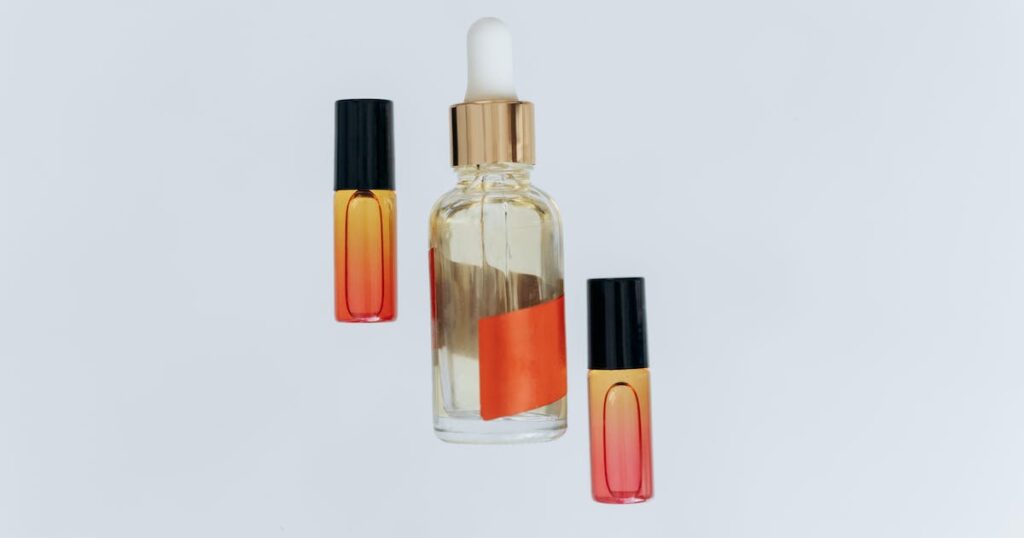As more people turn to natural remedies and alternative forms of healing, essential oils have gained popularity in recent years. These potent plant extracts are used in various ways, including topical application, ingestion, and inhalation through diffusers.
But as with any product that involves our health and well-being, it’s important to understand their potential risks and side effects. In this article, we will explore the question: are essential oil diffusers bad for you?

Safety Guidelines for Topical Use
One of the most common ways to use essential oils is by applying them topically to the skin. However, this method requires caution and knowledge about proper usage. Essential oils are highly concentrated and can cause skin irritation or allergic reactions if not used correctly. Here are some safety guidelines to keep in mind:
- Always dilute essential oils with a carrier oil before applying them to your skin.
- Perform a patch test on a small area of skin before using the oil on larger areas.
- Do not apply undiluted essential oils directly onto the skin, especially sensitive areas like the face or genitals.
- Avoid using essential oils on broken or damaged skin.
- If you experience any adverse reactions, such as redness, burning, or itching, stop using the oil immediately and seek medical advice.
It’s also important to note that some essential oils are unsuitable for topical use and should only be used in a diffuser or through inhalation. These include oils like peppermint, cinnamon, and oregano, which can be too strong for the skin.
Safety Depends on Several Factors
The safety of essential oils also depends on various factors, such as age, health conditions, and medication use. Children and pregnant or breastfeeding women should take extra precautions when using essential oils. Some oils are not safe for use during pregnancy or around young children, so it’s crucial to do thorough research and consult with a healthcare professional before using them.
Individuals with certain health conditions or taking medications should also be careful when using essential oils. People with asthma, epilepsy, high blood pressure, or allergies may need to avoid certain oils or use them in lower concentrations. It’s always best to err on the side of caution and speak with a doctor before using essential oils if you have any underlying health concerns.
What is Aromatherapy?
Aromatherapy is the practice of using essential oils for therapeutic purposes. They are believed to have healing properties that can help with various physical and emotional ailments. Aromatherapists use different methods like inhalation, massage, or baths to deliver the benefits of essential oils to their clients.
The use of aromatherapy has been around for centuries and is deeply rooted in many cultures, including Chinese, Indian, and Egyptian. However, it gained popularity in Western countries during the 20th century as an alternative form of medicine.
What Are Essential Oils Good For?
Essential oils are used for various purposes, from relaxation and stress relief to pain management and skin care. Different oils have specific properties that make them beneficial for different uses. For example, lavender oil is known for its calming effects, while peppermint oil is commonly used for headaches or digestive issues.
It’s important to note that the FDA does not regulate essential oils, so claims about their benefits may not be backed by scientific evidence. It’s always best to do thorough research and consult with a healthcare professional before using essential oils for any specific purpose.
General Side Effects and Risks Associated with Popular Oils
While essential oils can have many benefits, it’s crucial to understand their potential side effects and risks. Here are some of the most commonly used essential oils and their associated side effects and risks:
- Lavender oil: This can cause skin irritation, especially in those with sensitive skin. May also have hormonal effects and should be avoided during pregnancy.
- Peppermint oil: Can cause skin irritation or allergic reactions when used topically. Should not be ingested by young children or individuals with heart conditions.
- Tea tree oil can cause skin irritation or allergic reactions, especially in those with eczema. It should not be ingested.
- Eucalyptus oil Can be toxic if ingested and may cause respiratory issues when used in high concentrations. Also, it is not recommended for young children.
- Lemon oil: This can increase the risk of sunburn and skin sensitivity when applied topically.
It’s important to follow safety guidelines and use essential oils in moderation to avoid any potential risks or side effects. As with any product, it’s always best to do thorough research and consult with a healthcare professional before using essential oils for any specific purpose.

If used correctly, essential oil diffusers can be a safe and effective way to enjoy the benefits of aromatherapy. However, if you have any underlying health concerns, speaking with a doctor before incorporating essential oils into your routine is always best. So go ahead and diffuse those oils, but remember to use them cautiously and responsibly for a safe and enjoyable experience! Happy diffusing!
Frequently Sniffed Questions (FAQs)
Is it cool to sleep with my diffuser on, or will I wake up in a cloud of too-relaxed-to-get-up?
Ah, the age-old question of to-diffuse or not-to-diffuse through the night. The answer comes down to your diffuser’s capacity and timing feature. Some diffusers come with an auto shut-off, making them safe for use while you catch them. Just be sure not to pick an oil that’s so relaxing that you snooze through your alarm—looking at you, lavender!
Can my fur baby enjoy the aromatherapy sesh with me?
While you might be tempted to share the sniff-sniff hooray moment, it’s best to remember that our cuddly companions have different tolerances. Some essential oils can be harmful to pets, so it’s always best to check with your vet beforehand. After all, it’s about keeping all noses in the home happy and healthy!
Conclusion
In conclusion, essential oil diffusers can be a fantastic way to incorporate the benefits of aromatherapy into your daily routine. However, it’s important to remember that safety should always come first. Always dilute essential oils before topical use, perform patch tests, and avoid using certain oils on sensitive areas or broken skin.
Remember the potential risks associated with popular oils, and consult with a healthcare professional if you have any underlying health concerns. By following these guidelines, you can safely and effectively incorporate essential oils into your self-care routine for a more relaxed and balanced life.



Leave a Comment
You must be logged in to post a comment.